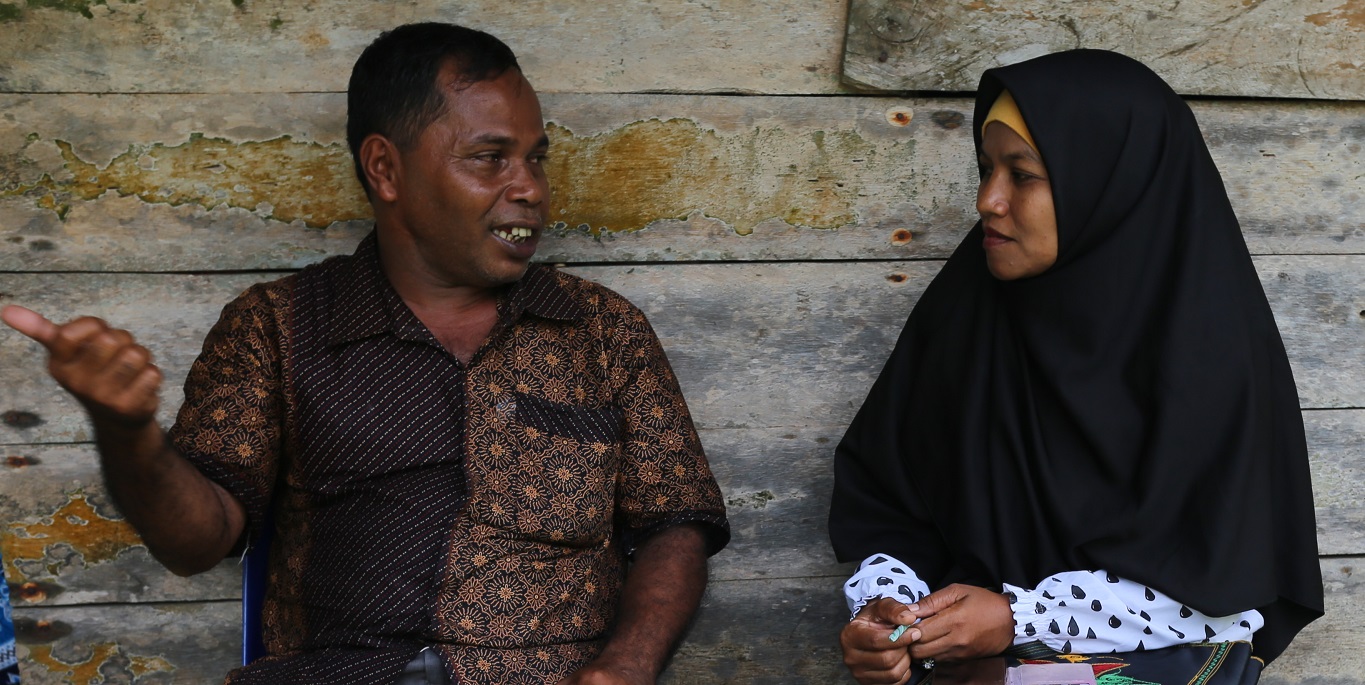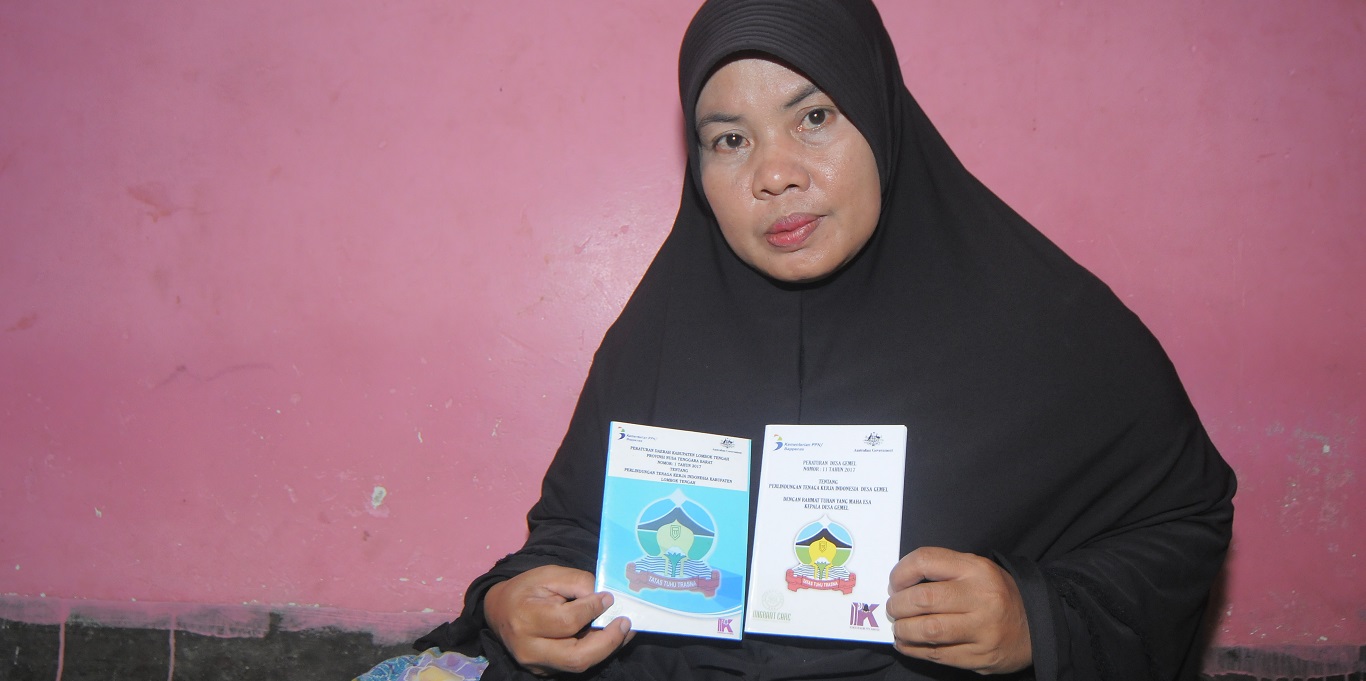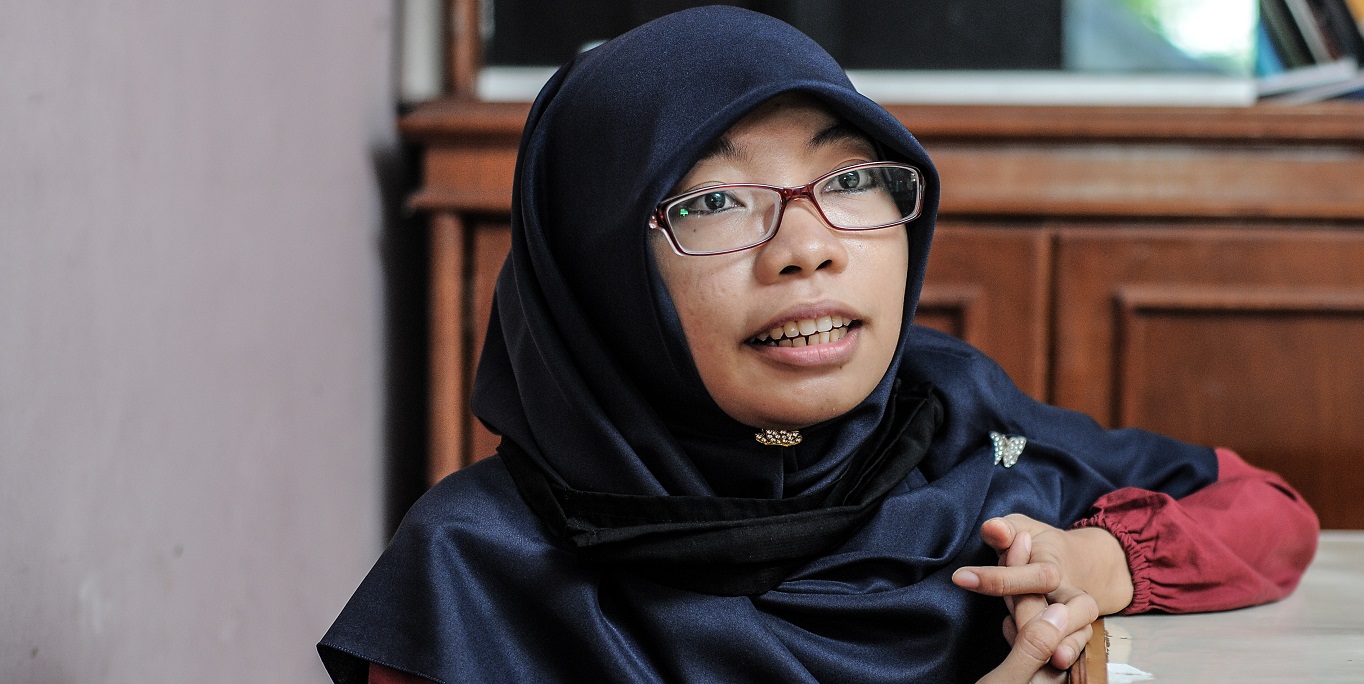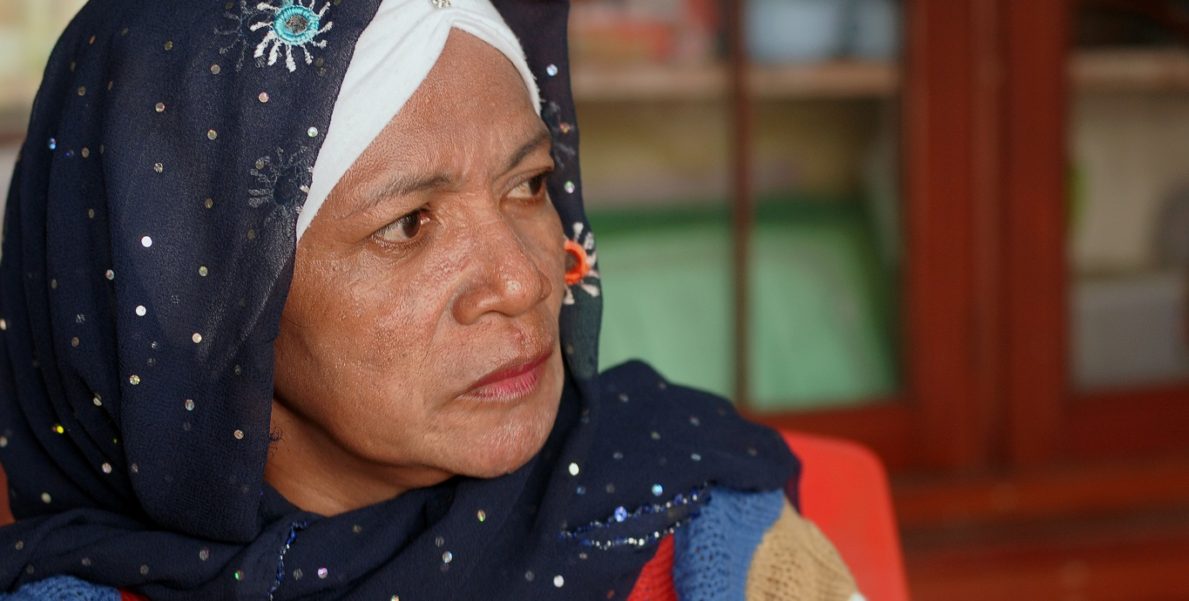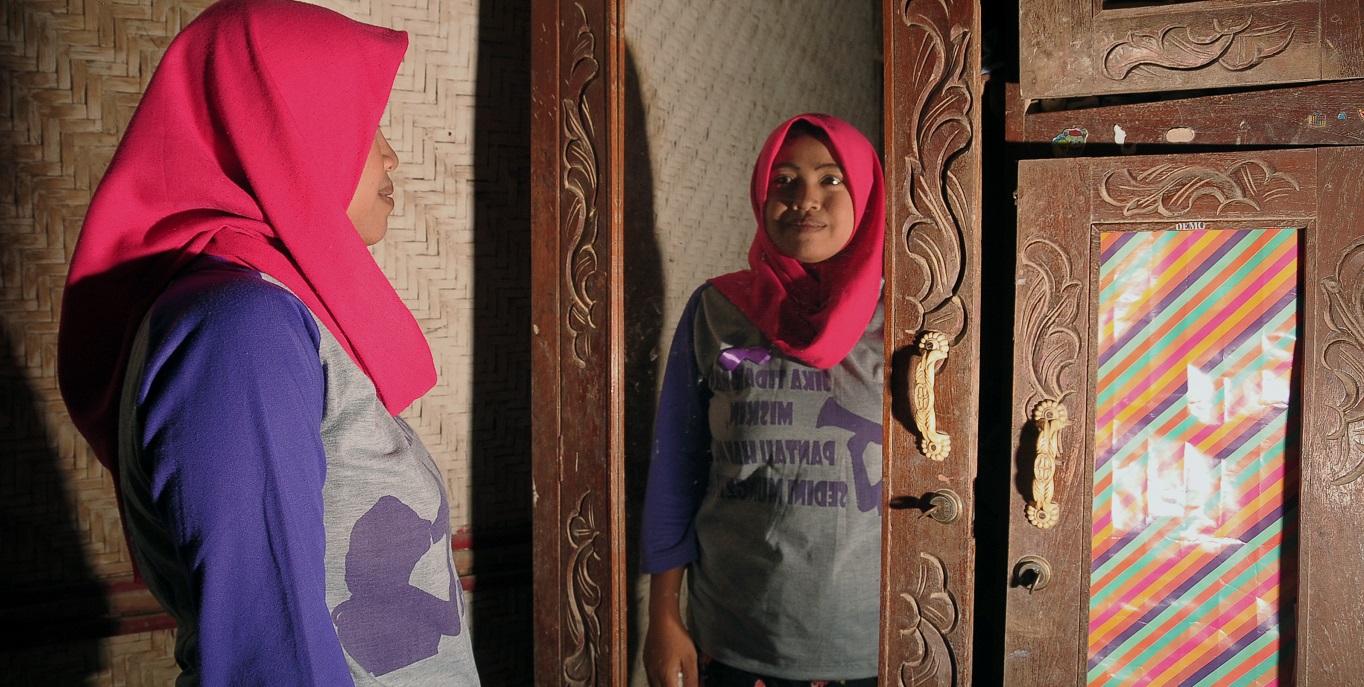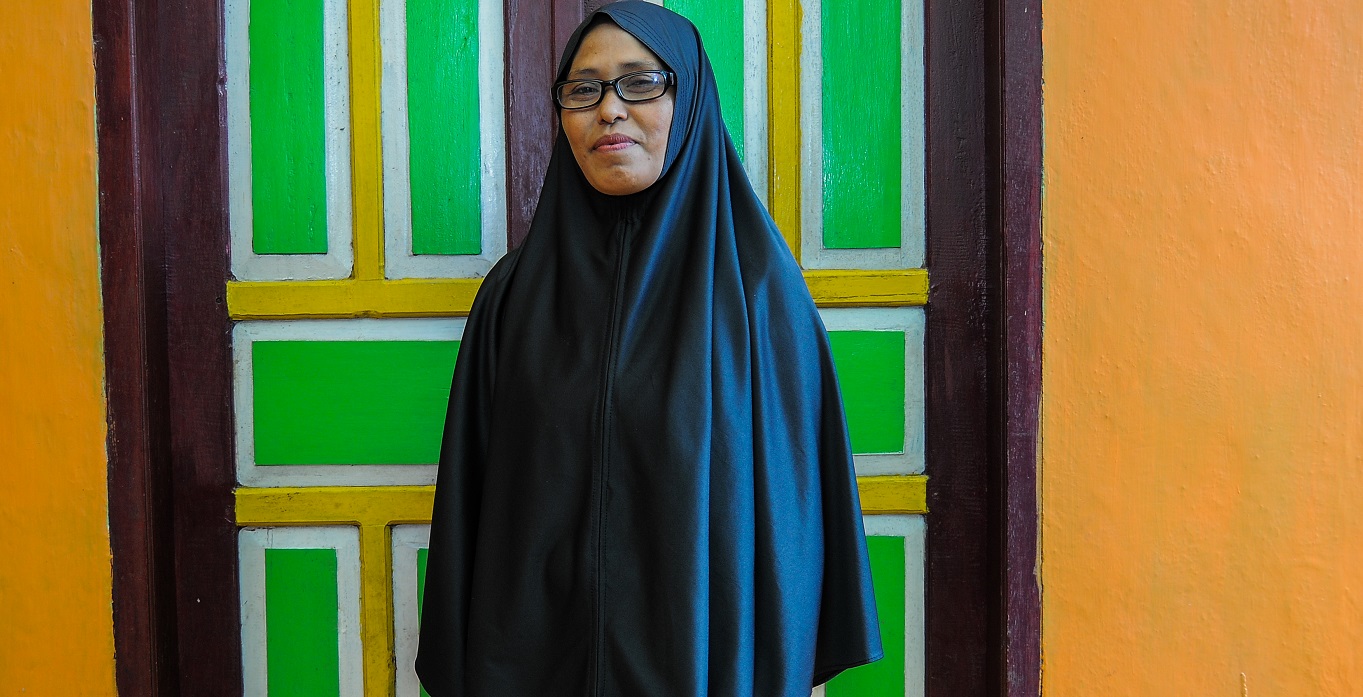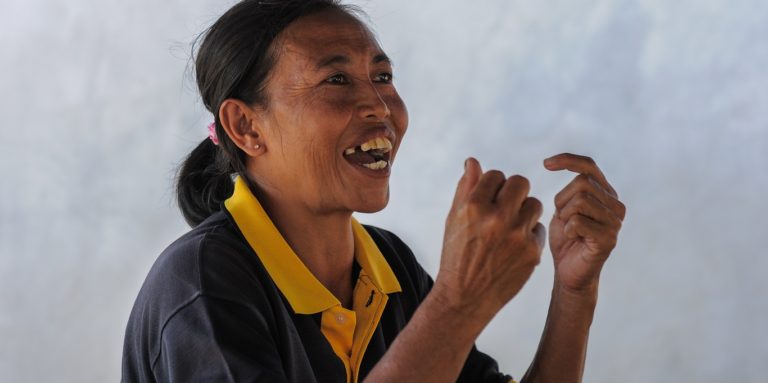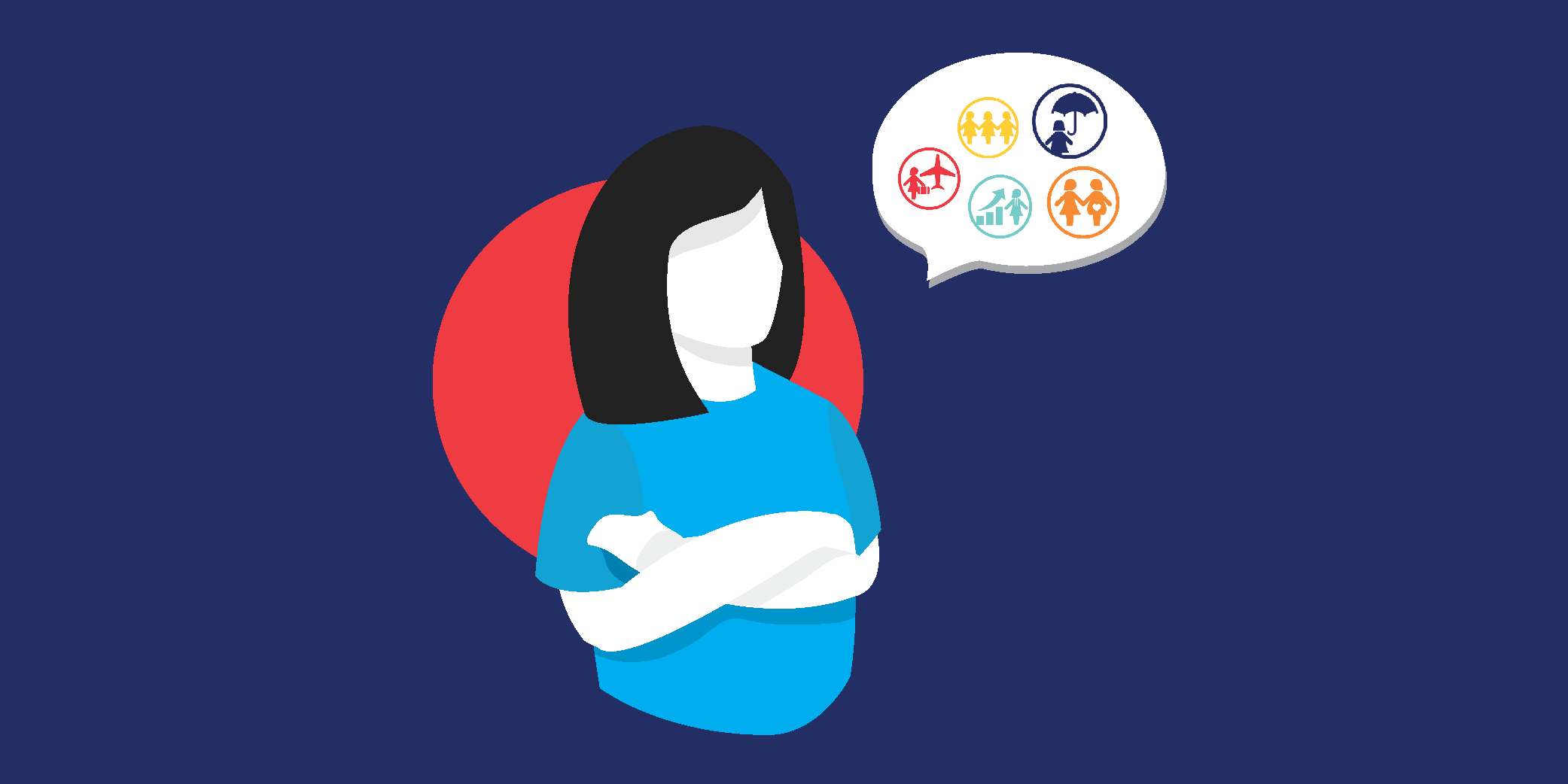Stories
Kartini in the Eyes of Dina Lumbantobing
21 April 2017Penulis: admin
In the commemoration of Kartini Day, MAMPU wants to show the opinion of today’s Indonesian women figures who are struggling for the women’s interest about Kartini.
One of them is Dina Lumbantobing. Dina is a women activist, specialist on gender and women’s empowerment on the development, and gender mainstreaming NGOs. For more than 30 years, she has worked on projects related to these issues.
Holding a Master degree of Gender and Development Studies from Sussex University, UK, Dina has extensive experience working with NGOs in Indonesia and Southeast Asia. She ever lead the research and capacity development division of the Pesada and became the person who responsible for the Women Crisis Center “Sinceritas” in Medan in 2004.
She also became the member of the Executive Council for Southeast Asia, the Coordinator of the Women Activists Network of North Sumatra and served as Executive Council Member for Southeast Asia, Asia Pacific Association for Basic and Adult Education (ASPBAE) between year 2007 – 2008.
Together with MAMPU, she becomes the coordinator of PERMAMPU Working Team, a consortium of 8 women’s organisations which spread over Sumatra.
This is the interview between MAMPU and Dina about Kartini and her struggle values.
What do you usually hear about Kartini and Kartini Day?
Kartini was always being associated with equality of rights and emancipation, especially rights of education for women. Kartini’s struggle as a woman was hard; she was not free to go to school, married with man whom she didn’t know, had to experience polygamy, and faced risk of death in childbirth.
Which side of Kartini that you want people to know more about her struggle?
I want people to know that Kartini’s view is much broader and deeper than just “women can enjoy education” or “as our mother”.
In Kartini’s letters written to her friends in Holland, Rosa and Stella Zeehandelaar, Kartini wrote a lot about social, cultural, religion and even corruption issues. She had thought about social class issue and the issue of narrow-minded ways which demeaning women at that time.
There are two excerpts from Kartini’s letters that I liked:
- “For me, there are two kinds of nobles: noble in mind and noble in behavior. In my perception, nothing is crazier and more stupid than people who boasts his or her descendants” (Kartini’s letter to Stella, 18 August 1899)
- “For me, there are only two kinds of nobility: nobility of the mind and the nobility of behavior. In my perception, nothing is crazier and more stupid than people, who boast their origin of descendant. Does having Graaf or Baron titles mean you have done good deeds? My petty mind cannot understand this” (Kartini’s Letter to Stella, 18 August 1899)
Thus, it becomes a clear evidence about how great Kartini’s desire to release women from discrimination that has been entrenched in her day, and it also shows how hard it is to fight and struggle the rights of group which always considered lower (both because of sex and class).
Which Kartini’s values that you took for your struggle?
About equality, that women are equal to men. One of women’s empowerment core is education that makes women think critically; questioning whether their experience and life are natural or due to a system that makes it lower and discriminatory.
This is the core of women strengthening that I implemented through Pesada, the institution I live in. There is a radical change in way of thinking. Women can fight for their rights to access not only to education, but also to economic and political resources, and to decide for themselves, especially for their body and mind.
For me, Kartini is the first women warrior I know, although only from way of dressing. I used to be a runner up of Kebaya contest in my 2nd grade of elementary school. It used to be a burden in my mind as a child, why I should wear a big head bun and such a tight sarong.
Is there any achievement that you are most proud in your struggle for the rights and interests of Indonesian women?
In accordance with Pesada’s approach, I am proud of the development of Women Credit Union or Women Cooperative as the independent women’s organisation and have economic power, as well as building women’s critical awareness.
Despite being suspected and rejected by the stakeholders and the society in the village, Pesada now becomes a strong organisation and “home” for women in grass-root. Pesada is known as Women cooperative with not just members who have money as capital, but also have potential to become a leader in local institutions. Pesada cadres fight to eliminate violence against women, in particular domestic violence and sexual violence.



